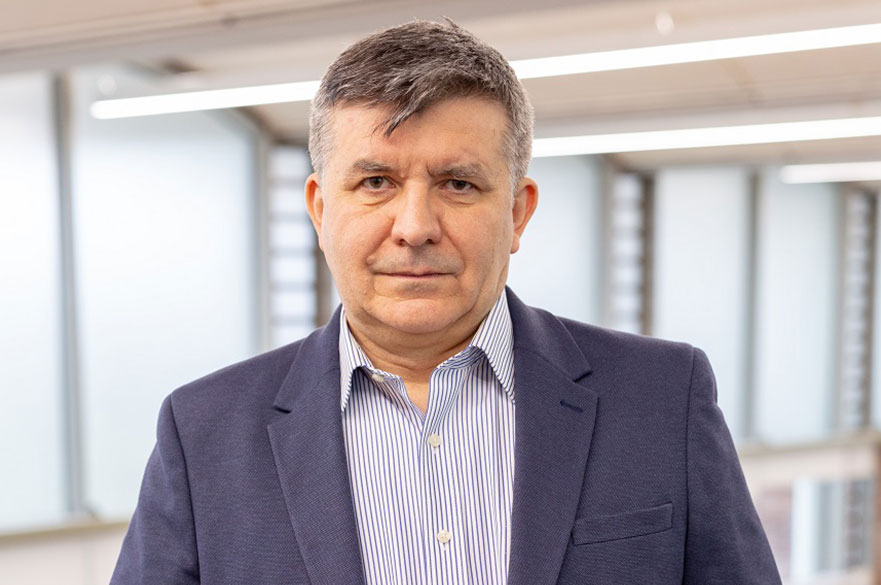Role
Dr Omurtag's roles include teaching, research and undergraduate and postgraduate student supervision in the Engineering Department. He teaches the modules Computational Modelling and Simulation and Human Factors Engineering. He also leads the Human Factors and Performance research group and is course lead for Biomedical Engineering.
Career overview
Ahmet holds a Ph.D. in Mechanical Engineering from Columbia University and had post-doctoral training in computational neuroscience at the Mount Sinai School of Medicine. He was director of research and engineering at Bio-Signal Group, a private company, where he worked on all aspects of biomedical device development. He taught at the University of Houston's Department of Biomedical Engineering before joining NTU. He is a Chartered Scientist and a Fellow of the Higher Education Academy.
Research areas
Ahmet is an expert in the biomedical applications of electroencephalography (EEG), functional near-infrared spectroscopy (fNIRS), and signal analysis. EEG is a functional brain imaging method that is sensitive to the brain's organized synaptic activity. fNIRS, on the other hand, measures hemoglobin concentration changes in the upper layers of cortex through near-infrared light probes placed on the scalp. Ahmet takes advantage of the strengths of each modality and combines their signals.
Ahmet's methods include recording data from human subjects in the laboratory and the clinic, and analyzing them with state-of-the-art feature extraction and machine learning methods. Pooling complementary signals from different types of systems not only enhances the accuracy of the markers. It also allows research into neurovascular coupling, the cascade of processes by which neural activity modulates local blood flow and oxygenation.
His research in recent years has been at the forefront of practical, noninvasive multimodal functional neuroimaging. One of his aims is to create markers for predicting human performance. Such markers can provide objective measures of operators' skill levels, characteristics of the tasks they are engaged in, or the tools which they use. Ahmet has an extensive record of peer-reviewed publications and is an inventor on multiple patents. He serves as reviewer for professional journals in the field and Associate Editor for a major bioengineering journal, as well as peer reviewer for national and international grant funding applications.
External activity
Ahmet frequently puts his industry experience to use by collaborating with and consulting for companies in the area of biomedical devices. He also serves in grant review sections.
Sponsors and collaborators
Funders of Ahmet's work have included the National Institutes of Health, National Science Foundation. He collaborates with a wide international network of scientists, engineers, and clinicians.
Publications
Press expertise
Willing to share experiences in neural engineering, signal analysis, medical devices, practical functional neuroimaging.
